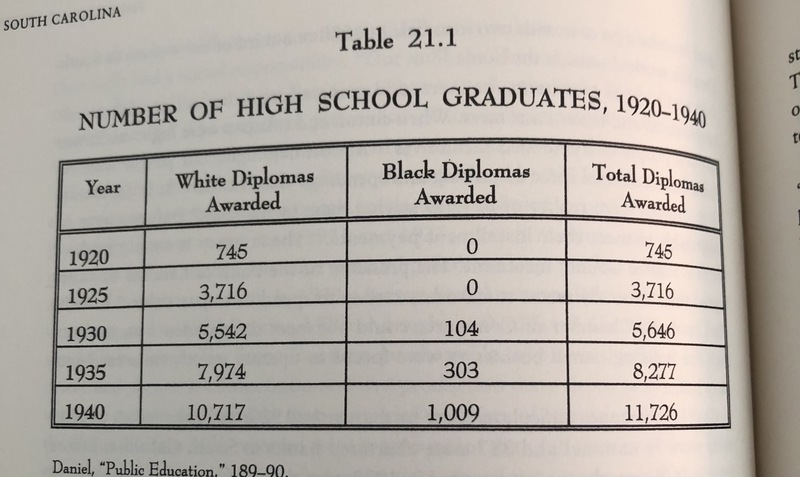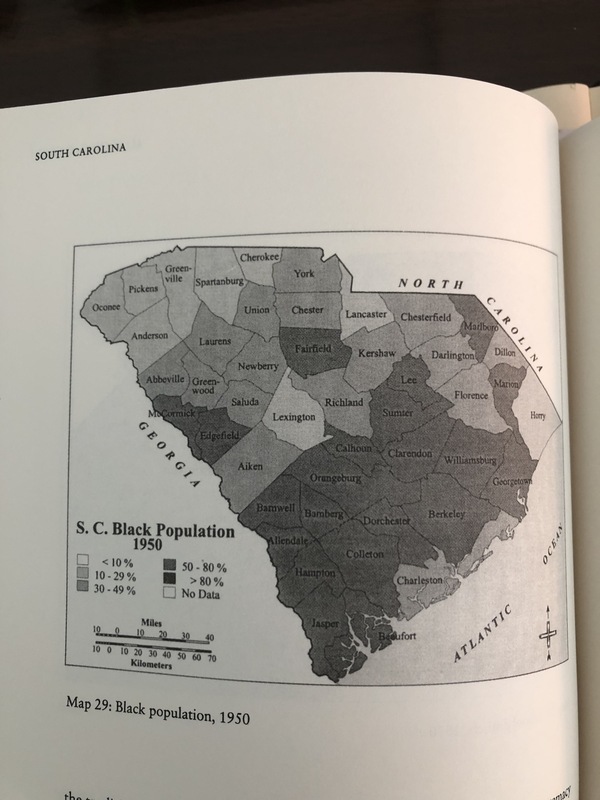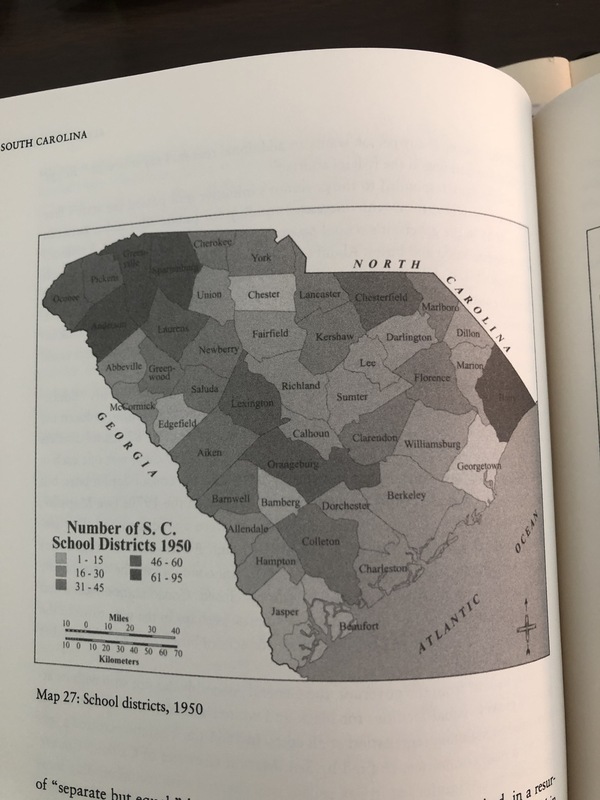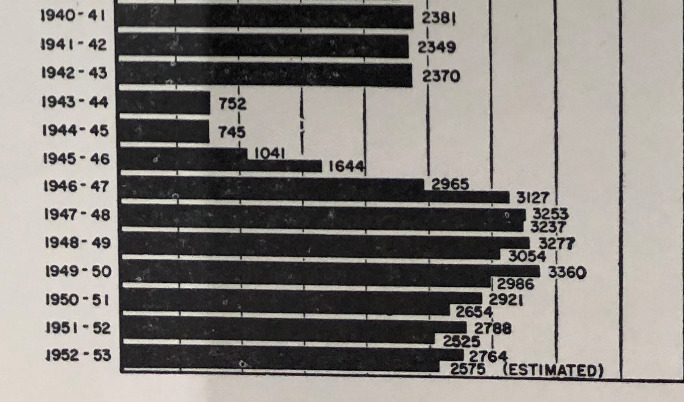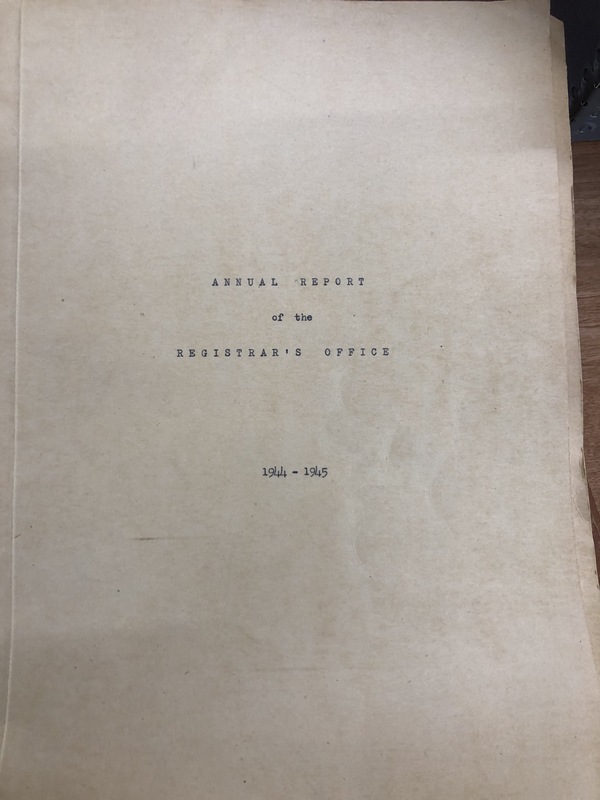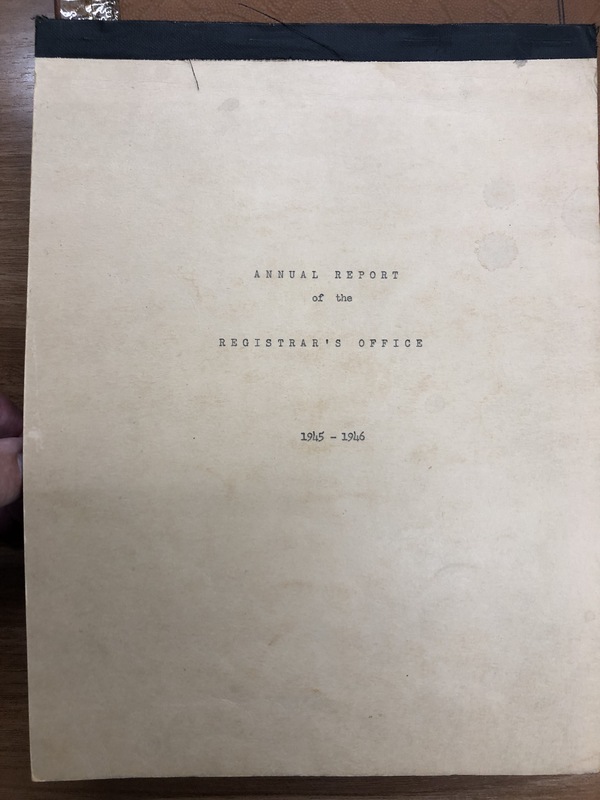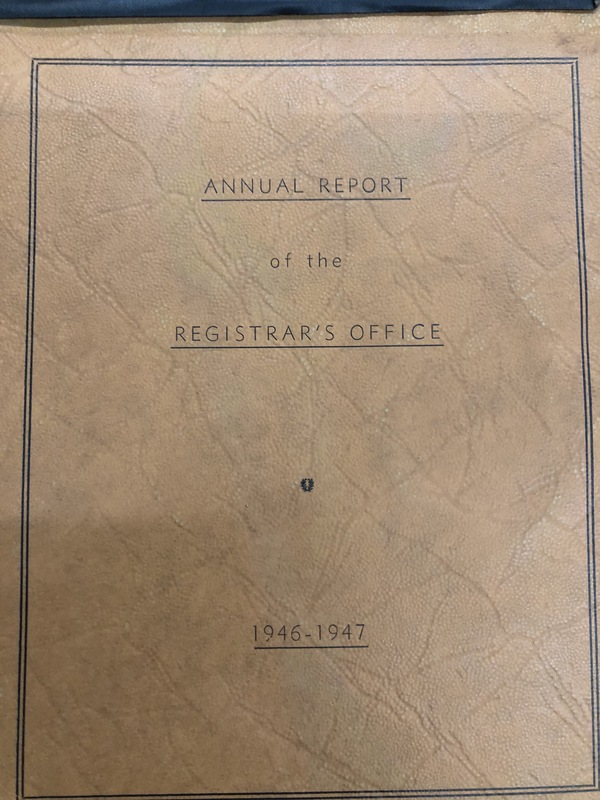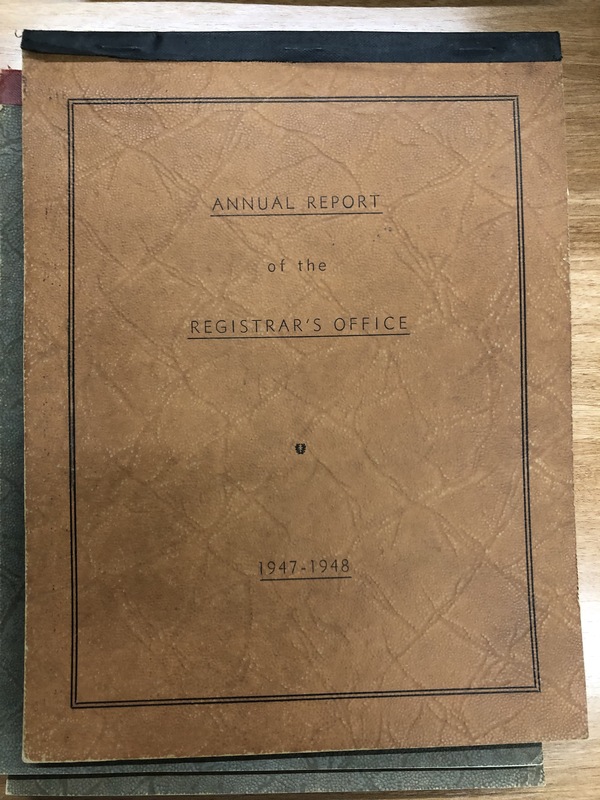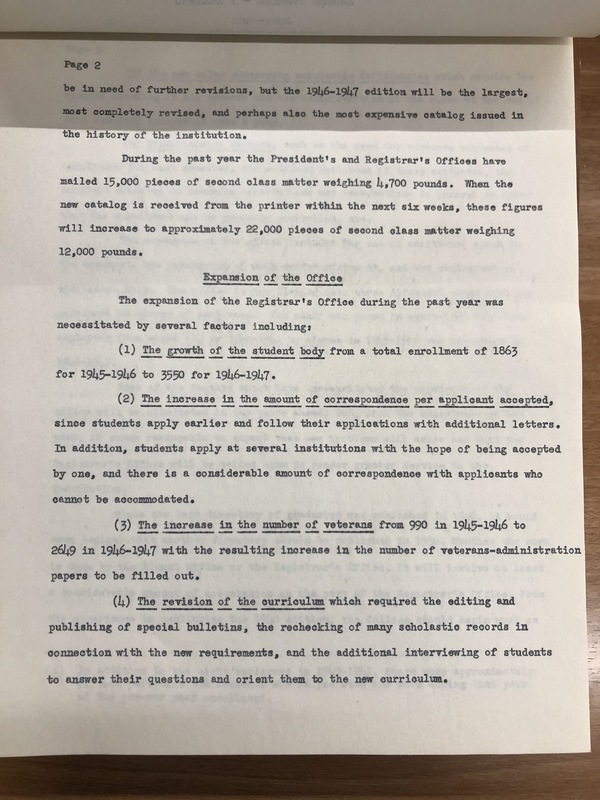Post WW2 Clemson - Transformation
Now that WW II was over, Clemson would expect that returning servicemen would increase the student population. As expected, many took advantage of the GI Bill and returned. However, Clemson in the early years following the War mandated that all returning veterans re-enter the Corp of Cadets. Based on this requirement many veterans were not eager to re-enter a military environment.
In a survey conducted in South Carolina around 1950, many students stated they chose Clemson because of a lessened military environment. South Carolina veterans echoed the same response. Lesser military requirements for incoming students was a factor in veterans choosing to pursue their education at Clemson.
Additionally, in South Carolina, women who had been allowed to only attend summer sessions, were soon to be allowed to attend full time. In 1947 – 1948, with many veterans having completed their education, enrollment at Clemson continued steady.
As veterans transitioned out of Clemson, larger numbers of high school students were entering. With the onslaught on new students, came new programs, new offerings to the college experience other than military training. Engineering, Architecture, Textile Science, Medical Preparation, Teaching and other legal and commercial professions were now being offered. Additionally, the fields of Forestry and Animal Science were added while agriculture, the beginning discipline of Clemson, continued.
While the numbers do indicate increases in enrollment, they do not adequately describe the internal challenges the adminstration faced in creating infrastructure to support the increased enrollment from many sources of new students. From the Registrar Reports we can observe they were tasked with creating an excellent experience. It is clear that the leadership of Clemson wanted to grow, and from many respects they were adapting as best they could to the changing environment.
Most of the Registrar Reports were filled with needs assessment, and updates on the demographics of the student body at Clemson. This particular request letter from the Registrar, seemed to take on a different perspective. Possibly rooted in frustration, possibly out of despiration and a plea for help. The message is clear from this request that this era of transformation has not been seamless.

